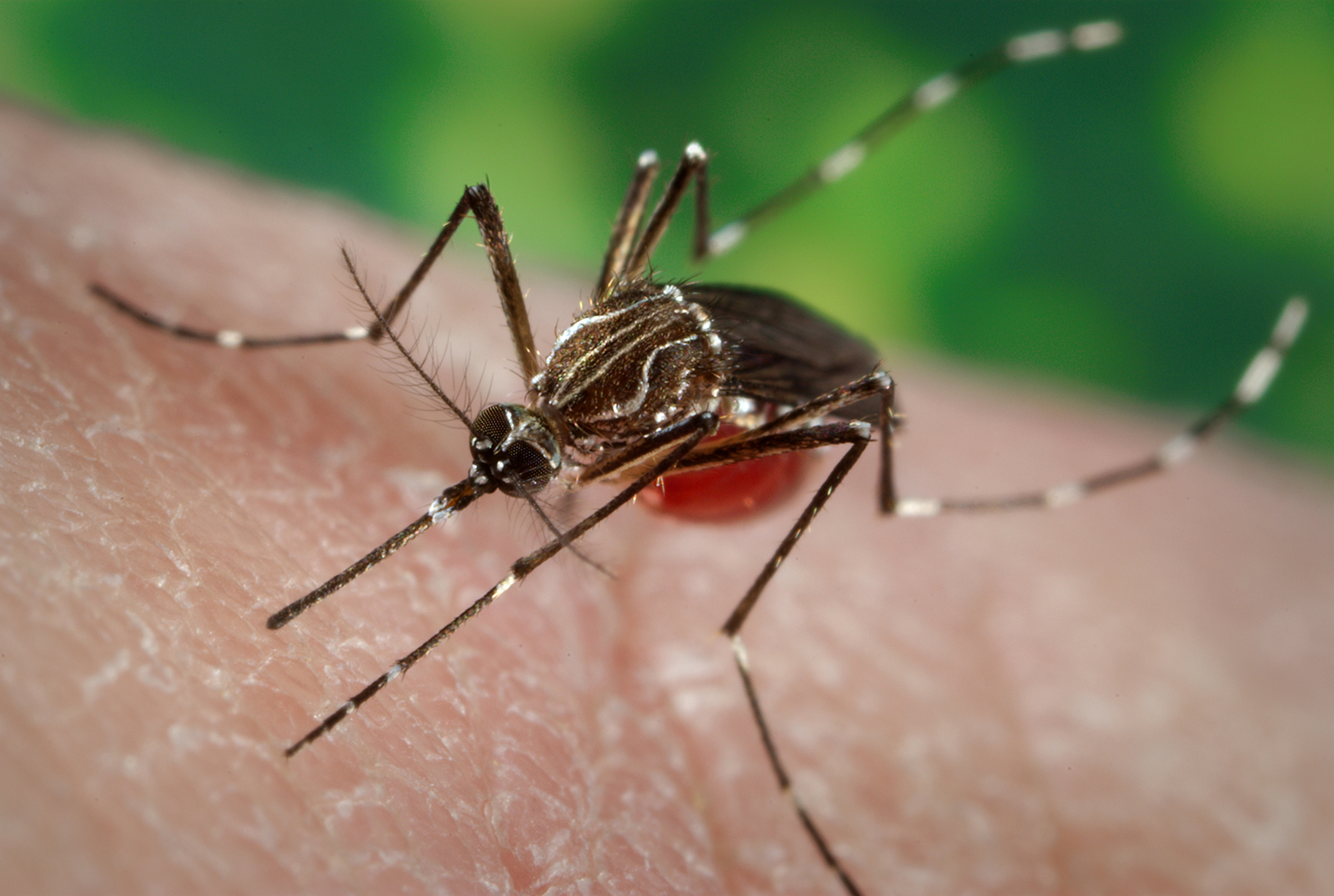The number of dengue patient is higher in government hospital, fewer deaths

Dengue fever patients are getting admitted to government hospitals more. Dengue patient’s death rate is also less in these hospitals. Such information was found by analyzing the government data relating the infection and death of this disease in the last four years.
Expert physicians and public health professionals are saying that the practice of treatment following the medical guidelines or treatment protocols in government hospitals is more. That's the reason behind the death toll being low.
According to the Department of Health, a total of 51 died of dengue fever in last four years. Of these, 18 died in government hospitals. Two of them died in upazila health complex. The remaining 33 died in private hospitals.
According to the inquiry of the Prothom Alo, 22 people died of dengue this year. 18 of them died in 10 private hospitals in the capital. Three of the most expensive hospitals are also included in them. Two died in a government medical college hospital and the other two died in a semi-government hospital.
This year, highest dengue patients were treated at Dhaka Medical College Hospital as usual. According to information provided by the Department of Health, 369 dengue patients were admitted to the hospital yesterday. From January till now, 469 patients have returned home from Dhaka Medical being cured. No one died in Dhaka Medical.
Khan Abul Kalam Azad, Principal of Dhaka Medical College said to the Prothom Alo that Dhaka Medical College takes preparation for the outbreak of dengue or any disease at their beginning. Training of doctors is arranged. Senior and junior physicians discuss the problems while visiting the patient every day. Dengue is being treated according to the treatment guidelines. The whole work is done in groups.
The Department of Health says the five people have died of dengue in five private hospitals this year. According to the old stat of the department, 26 people died of dengue in 2018. Of these, 19 people died in private hospitals and 7 died in government hospitals.
Exceptions are witnessed in the death list of the 2017. 8 people died that year. Two of them died in private hospitals, 4 in the government hospitals of Dhaka city. The remaining two are in two upazila hospitals. Death in upazila level didn’t occur before and after that.
14 people died of dengue in 2016. 9 of them died in private hospitals. And in 2015, 3 died. None of them happened in the government hospital.
Public health expert and former President of Bangladesh Medical Association, Professor Rashid E Mahbub said to the Prothom Alo that there is a special requirement of training. The way government doctors operate to comply with the protocol, there is a shortage at the private level. Again, there is no specialist physician present all the time in some private establishments. Many private organizations rely on government doctors. They may not be able to be present in an emergency.
Multiple specialist doctors said that dengue treatment is very much like the emergency treatment. The management framework for emergency treatment is absent in many private hospitals. They urged the Department of Health to strengthen surveillance in this case.
Jamal Uddin Chowdhury, Secretary General of the Bangladesh Private Medical Practitioners Association, a physician' organization at the private level, said that rich peoples go to the private hospitals more, comparatively. Do they go to the hospital after reaching the critical level of the disease, or is there any other reason? More information needs to be collected and research on this regard needs to be done.
According to the Control Room of the Health Department, 529 dengue patients were admitted to 16 private clinics and hospitals in the capital till yesterday noon. And 929 patients were admitted to 9 government hospitals. Apart from this, 16 patients were admitted to various government hospitals outside Dhaka.
